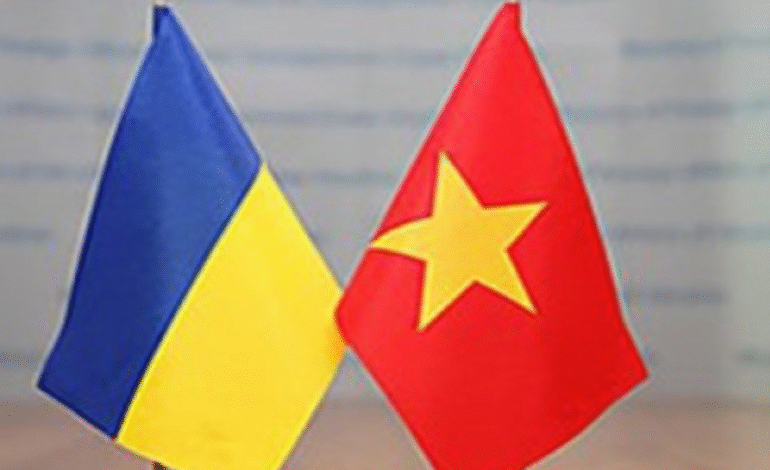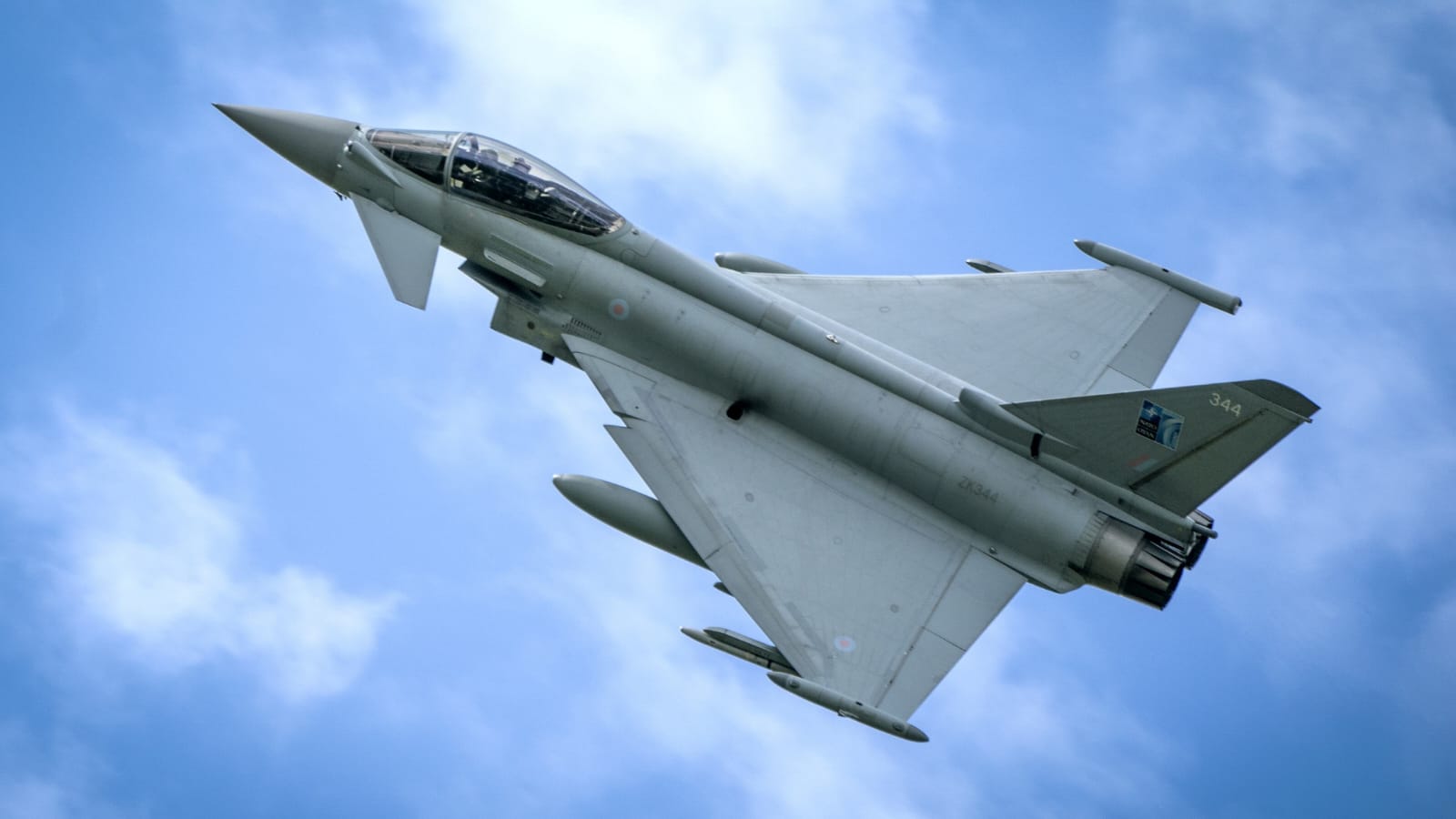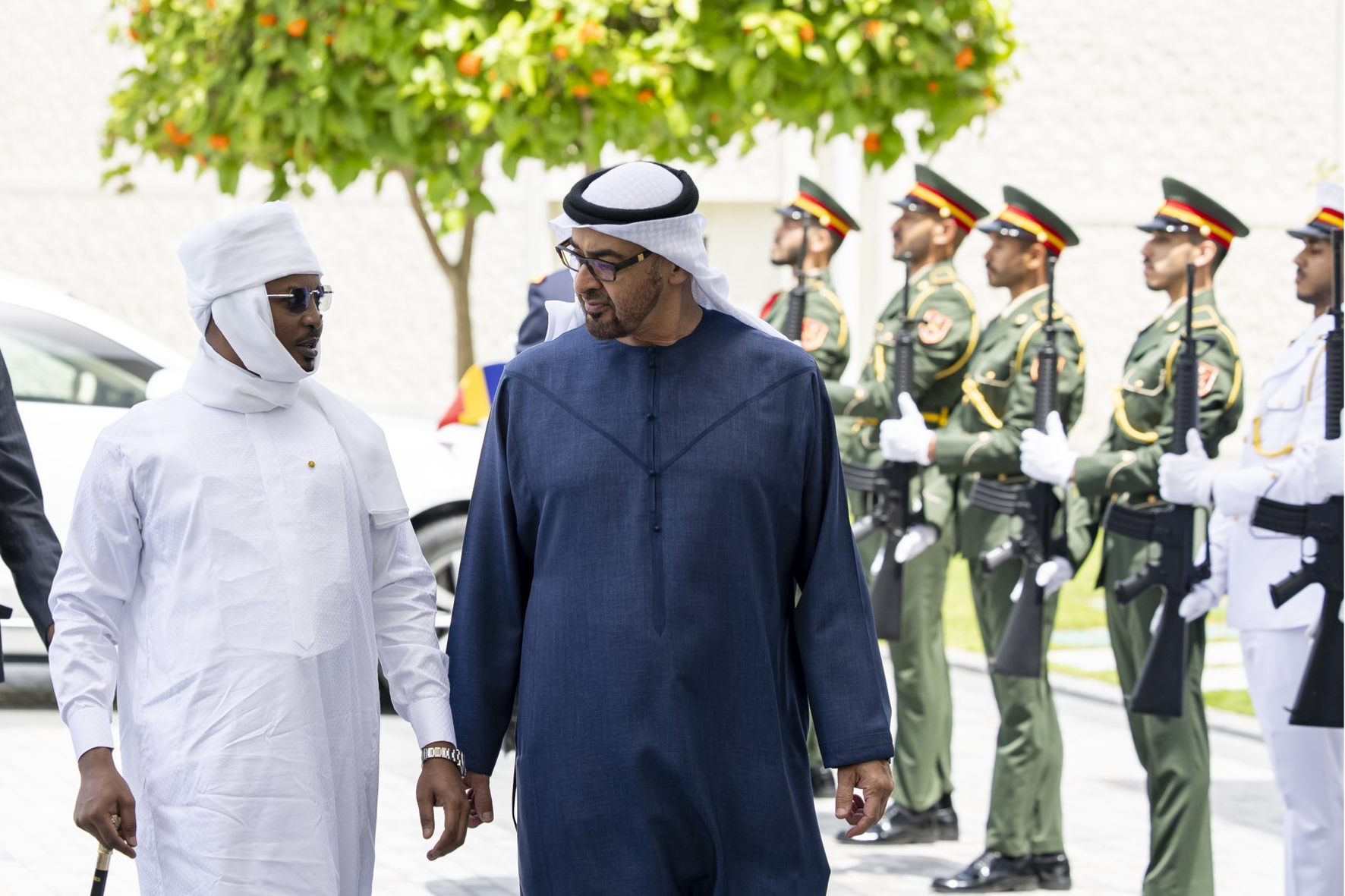Ukraine and Vietnam Strengthen Defense Industry Cooperation Talks

In an era of growing global interdependence, strategic partnerships across regions are becoming more vital than ever. Ukraine and Vietnam, two nations with distinct geopolitical landscapes and defense needs, have begun shaping a promising bilateral cooperation focused on advancing their defense industries. This collaboration was highlighted during a recent high-level meeting between Ukraine’s Ministry of Strategic Industries and Phem Hai, the Ambassador Extraordinary and Plenipotentiary of Vietnam to Ukraine and Moldova. The working session signifies a noteworthy step toward a multifaceted defense partnership between the two nations.
Exploring Key Areas of Strategic Alignment
According to a report by the Ministry of Strategic Industries, the discussions were centered on expanding defense collaboration, particularly in aviation, naval technology, and explosives. These three sectors reflect both Ukraine’s industrial strengths and Vietnam’s growing interest in diversified military capabilities. The focus areas also represent domains where technological exchange, training, and joint development projects can thrive.
The ministry’s public statement emphasized the goal of “expanding the geography of defense partnerships,” reflecting Ukraine’s intent to diversify its defense collaborations beyond its traditional European and NATO partners. For Vietnam, this engagement supports its broader strategy of enhancing its defense readiness and technological modernization in an increasingly complex regional environment.
The Importance of Aviation, Naval, and Explosives Sectors
Each of the focus areas offers specific opportunities for cooperation. In aviation, Ukraine brings decades of experience through institutions like Antonov, renowned for its aircraft design and manufacturing capabilities. Vietnam, which is actively modernizing its air force, could benefit from Ukrainian expertise in aircraft maintenance, repair, and technological customization.
In naval technologies, both countries have maritime concerns that warrant the strengthening of their naval fleets. While Ukraine has focused on rebuilding and maintaining naval capacity in the Black Sea, Vietnam maintains maritime vigilance in the South China Sea. Mutual knowledge-sharing and co-development of maritime systems could be beneficial for both.
Explosives manufacturing and ordnance management are equally critical, as both nations maintain robust ground forces. Collaborative efforts in this domain could involve safety innovations, production techniques, and inventory systems that support national defense needs and export potential.
A Step Toward Operational Engagement
The most immediate outcome of the bilateral meeting was the agreement to hold further discussions at the industry level. This suggests that both governments are committed not only to diplomatic agreements but also to actionable, ground-level implementation. The upcoming meeting involving industry representatives is expected to delve deeper into feasibility studies, legal frameworks, and investment opportunities required for sustained cooperation.
By moving discussions to a technical level, both sides aim to align industrial capabilities with national defense goals. These talks may also explore shared logistics, workforce training, and long-term procurement plans.
Ukraine’s Broader Diplomatic Engagements in the Defense Sector
The meeting with the Vietnamese ambassador was part of a broader diplomatic campaign by Ukraine to strengthen its defense sector through international cooperation. In the same week, Ukraine’s Minister for Strategic Industries, Herman Smetanin, held talks with Lithuanian Foreign Minister Kėstutis Budrys and Lithuania’s Ambassador to Ukraine, Inga Stanytė-Toločkienė.
These discussions focused on the execution of already signed agreements and examined the progress of joint projects between Ukraine and Lithuania. The Lithuanian collaboration continues to provide Ukraine with access to European defense methodologies and fosters deeper integration into regional production and research networks.
The engagement with Lithuania also emphasized scalability—developing cooperation models that could be adapted or replicated in partnerships with other nations. It highlighted not only military goals but also economic and technical innovation.
German Cooperation and Financial Assistance
Germany, another strategic partner of Ukraine in the defense realm, was also part of the week’s diplomatic activity. A working session was held between Ukrainian officials and German representatives to discuss ongoing joint projects and the potential for additional financial assistance to bolster Ukraine’s defense manufacturing capabilities.
Ukraine and Germany have collaborated on several ventures, particularly in manufacturing and engineering components for defense technologies. German support extends to both technological and financial spheres, reflecting a comprehensive partnership framework. During the meeting, both sides assessed the status of existing projects and sought ways to strengthen and scale their collaborative efforts.
Such engagements signify the importance of Ukraine’s multipolar approach to defense cooperation, combining Western European alliances with opportunities in Asia and beyond.
Increasing Domestic Production: The Bren 2 Sich Rifle
Alongside international cooperation, Ukraine is also focused on ramping up domestic production of defense equipment. A key highlight is the increased production of the Bren 2 “Sich” rifle. The Ukrainian government plans not only to enhance the scale of production but also to deepen the domestic manufacturing process. This means more components and assembly lines will be based within Ukraine, reducing dependence on foreign imports.
This decision aligns with Ukraine’s broader strategy of building a self-sufficient defense industrial base that supports both domestic security and international competitiveness. By investing in local infrastructure and labor, Ukraine hopes to foster innovation and generate employment within the country.
The rifle program also has implications for export potential. With modernized production and quality standards, Ukraine could position itself as a reliable supplier in regional and global arms markets.
Vietnam’s Defense Industry Goals and Opportunities
Vietnam, for its part, has been pursuing a path of measured modernization across its defense sectors. As a country with a complex geopolitical neighborhood, Vietnam has maintained a policy of diversified military partnerships. This includes engagements with traditional allies and exploration of new partnerships such as the one with Ukraine.
The Southeast Asian nation has shown increasing interest in upgrading its technological base, particularly in aviation and naval sectors. A partnership with Ukraine offers potential pathways for accessing advanced knowledge and low-cost manufacturing solutions.
Additionally, Vietnam can share its own innovations in lightweight military technologies and jungle warfare strategies that may be relevant to Ukrainian defense planners. This mutual exchange of knowledge further enhances the value of the partnership.
Neutral Cooperation Amid Geopolitical Complexity
While defense partnerships often occur in politically sensitive environments, the Ukraine-Vietnam cooperation remains notably neutral and focused on industrial goals. The discussions have revolved around mutual benefit, operational capabilities, and economic development rather than political alignment.
This neutral tone is essential in today’s global landscape, where many countries are seeking to establish strategic yet non-aligned relationships that foster resilience without entangling them in larger power rivalries. Both Ukraine and Vietnam appear committed to maintaining this balanced approach.
Looking Ahead: Potential for Deeper Integration
As both countries prepare for the follow-up industry-level meeting, expectations are rising for tangible progress. Areas likely to be discussed include joint manufacturing ventures, research and development collaboration, workforce exchanges, and logistical coordination.
Future cooperation could also involve participation in regional defense exhibitions, joint training programs, and academic exchanges in defense-related engineering fields. These expanded engagements could transform the bilateral relationship from one of preliminary exploration to long-term strategic collaboration.
Such partnerships could also serve as templates for other countries seeking to build diverse and balanced defense strategies. For Ukraine, the Vietnam collaboration represents another significant step in its journey toward becoming a globally integrated defense actor.
Building a Balanced and Resilient Defense Network
The ongoing dialogue between Ukraine and Vietnam highlights the evolution of modern defense partnerships. Focused on mutual interest, industrial strength, and technical collaboration, this emerging relationship offers potential benefits far beyond the immediate participants
Through careful planning, strategic alignment, and a neutral stance, Ukraine and Vietnam are laying the groundwork for a resilient defense cooperation framework. Supported by parallel engagements with Lithuania, Germany, and other nations, Ukraine is gradually building a diverse network of partnerships that reinforce its defense and industrial capabilities.
As the international security environment continues to evolve, such multifaceted cooperation will be essential for ensuring national preparedness, technological advancement, and regional stability. With the foundations now being laid, the future of Ukrainian-Vietnamese defense cooperation holds promise for shared success and innovation.







